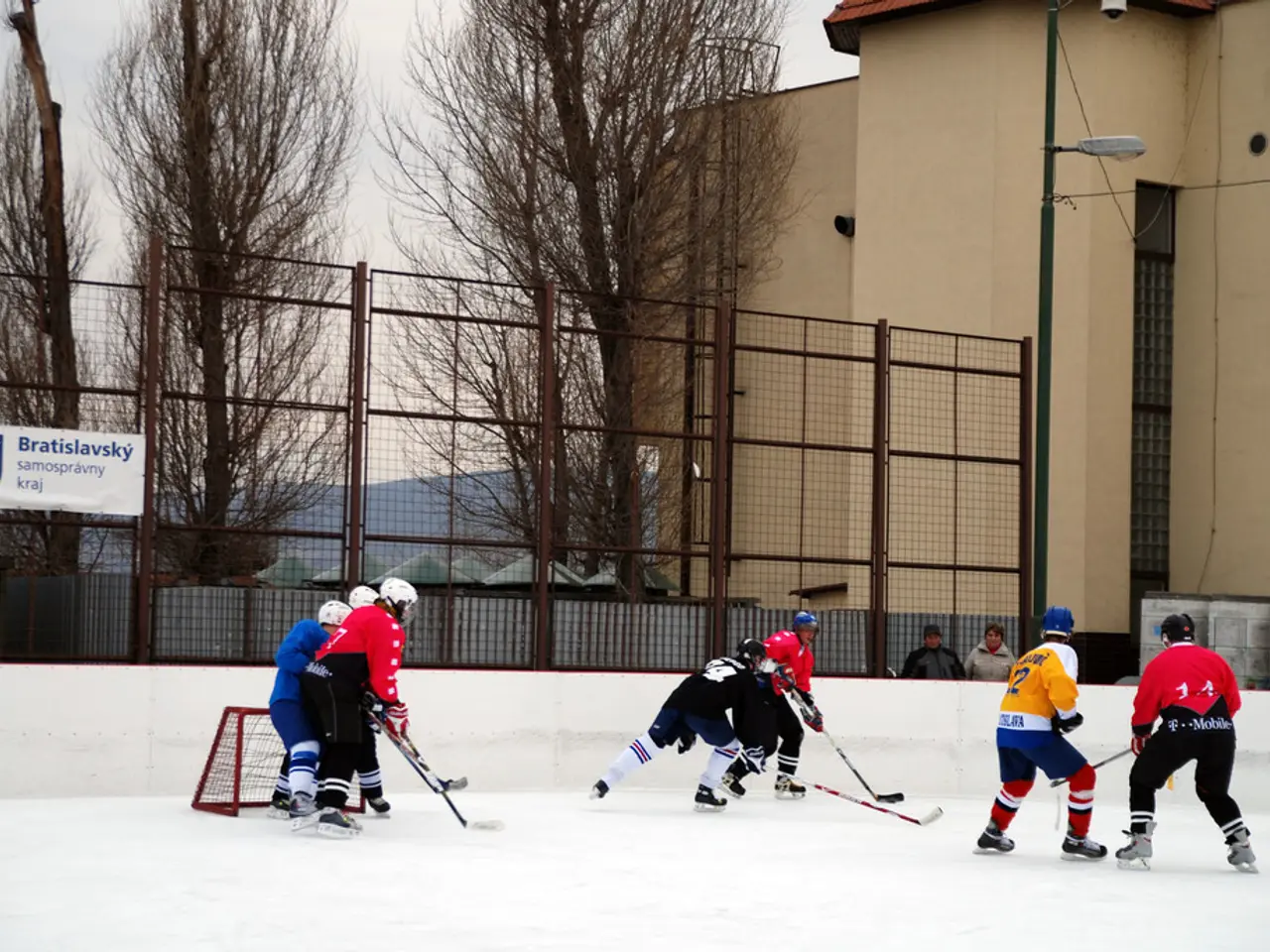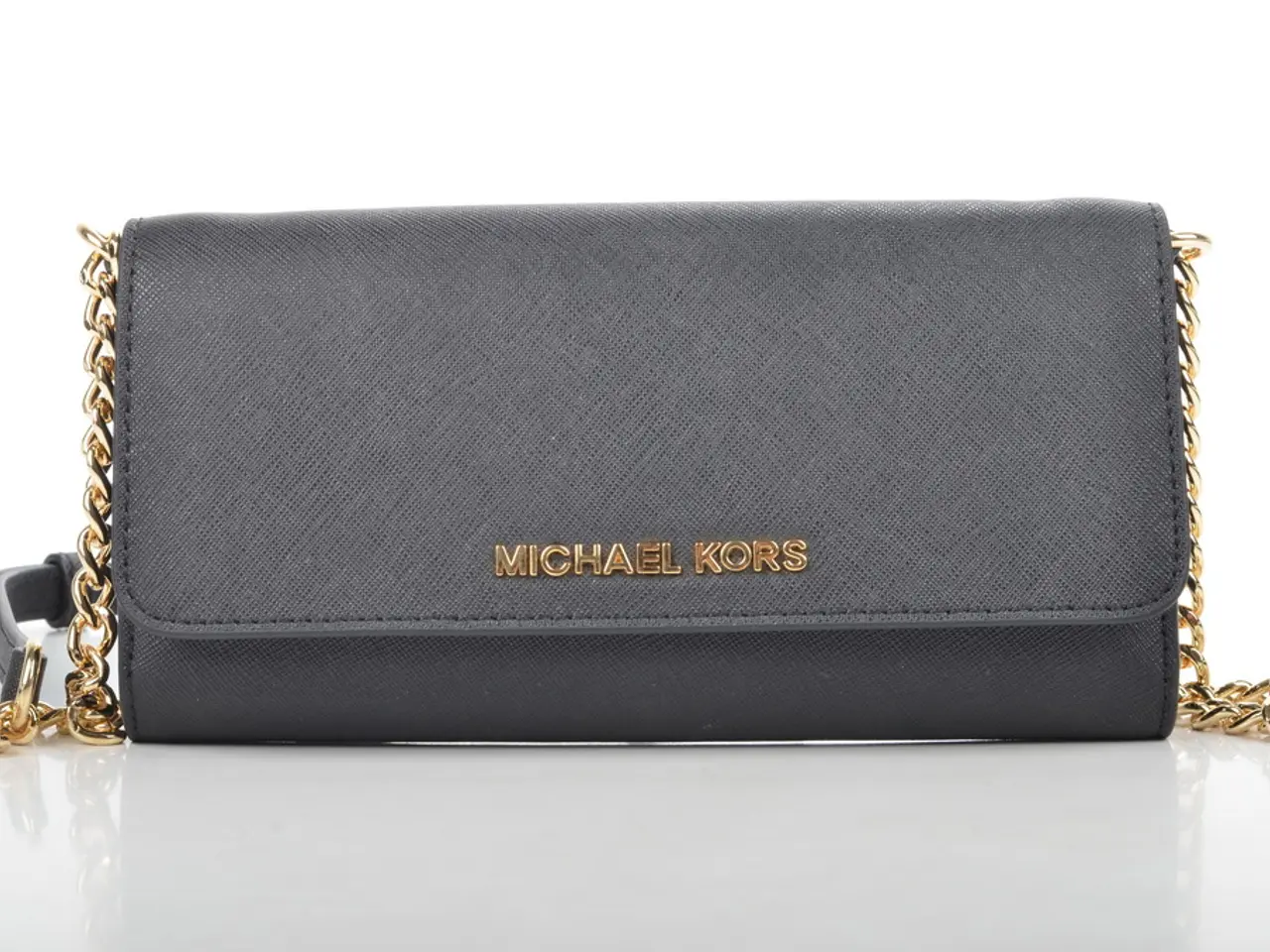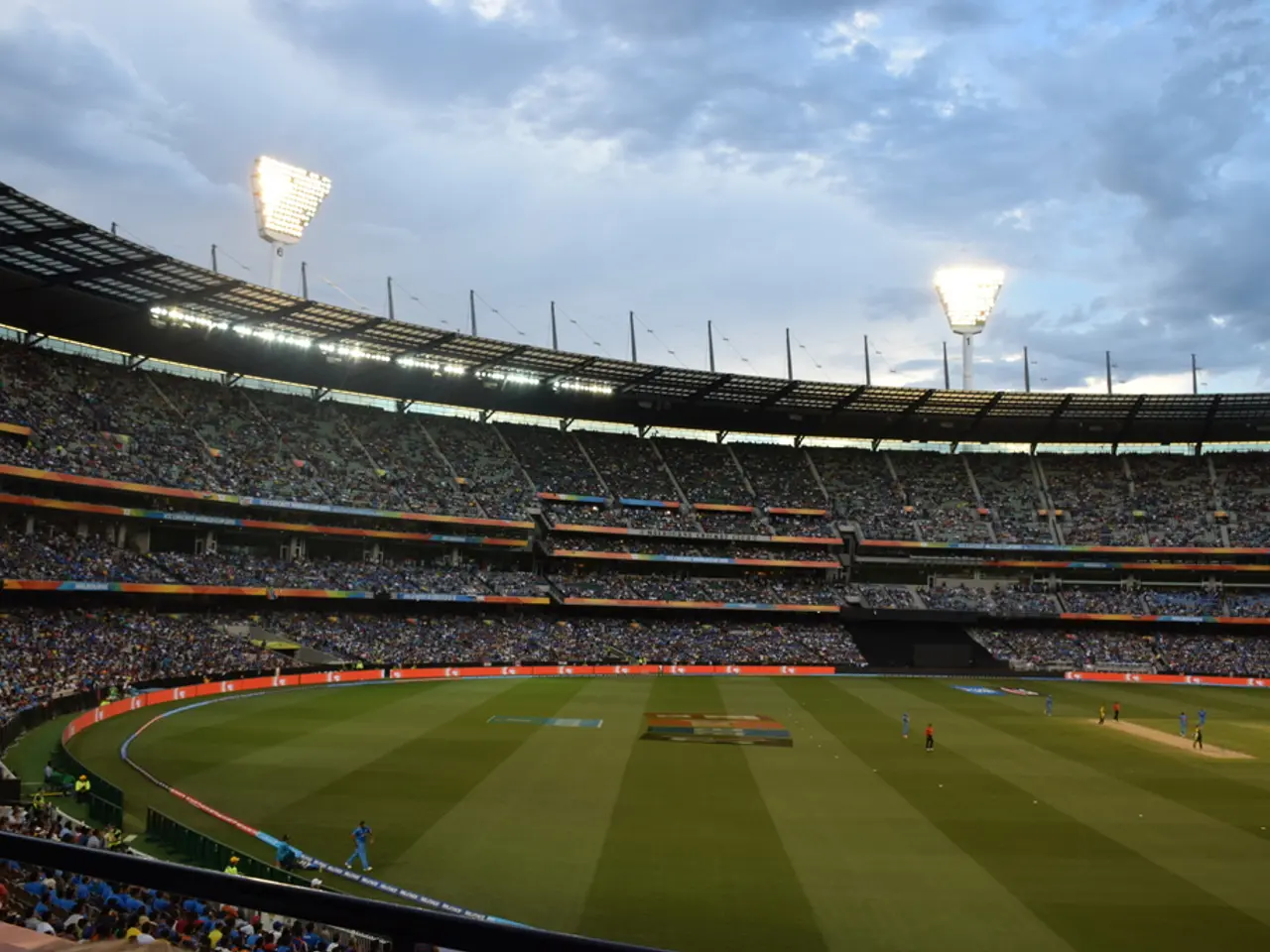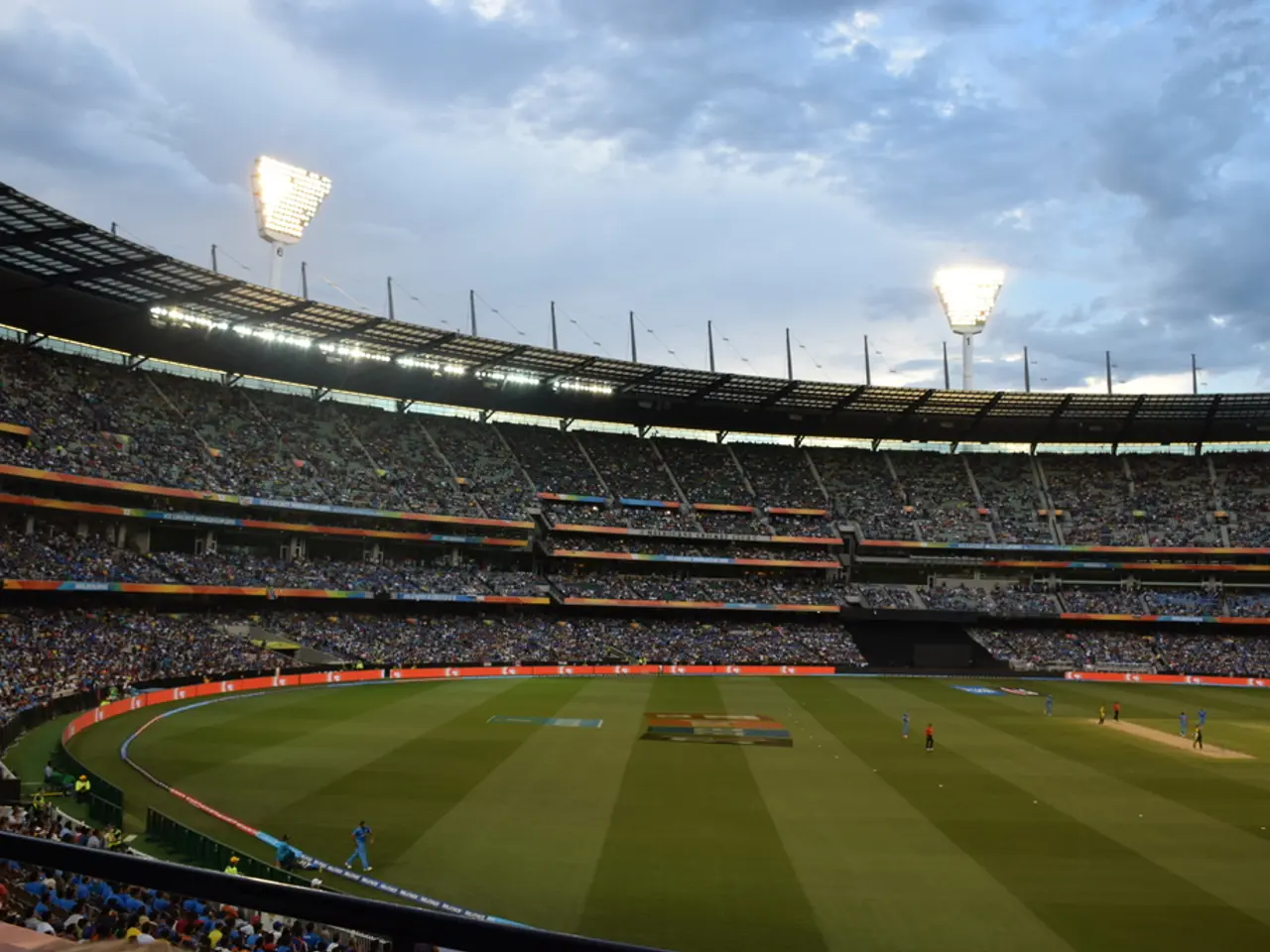Remuneration of Olympians: An Eye-opening Look at Wages from Nation to Nation for the Paris 2024 Games
In the world of sports, the Olympic Games stand as the pinnacle of athletic achievement. However, the financial rewards for these athletes are not as clear-cut as one might expect. The International Olympic Committee (IOC) does not pay athletes for winning medals, instead focusing on organizing the Games, promoting Olympic values, and awarding medals as recognition rather than monetary prizes.
The medals themselves - gold, silver, and bronze - are provided by the IOC, but financial incentives or rewards are typically left to National Olympic Committees (NOCs) or national sports bodies. This approach keeps the IOC's role centered on sport and international unity rather than financial competitions.
The financial rewards for Olympic medalists vary significantly between countries due to different Olympic funding models and cultural perspectives on athlete compensation. For instance, the U.S. Olympic & Paralympic Committee (USOPC) offers various support services and resources but does not directly pay athletes for medals. Instead, it focuses on athlete development, career programs, and holistic support.
Conversely, some countries offer sizable rewards or financial bonuses. Jamaica, for example, provides substantial incentives including signing bonuses, monthly stipends, and large podium bonuses. However, these can sometimes be overshadowed by athletes switching allegiance to other countries offering even more lucrative financial packages.
This disparity in financial rewards raises ethical and practical questions about the sustainability of the current system. While the IOC distributes its revenue to international federations and NOCs, there is currently no unified, comprehensive system to financially reward all Olympic athletes.
As the Paris 2024 Olympic Games approach, the focus is on addressing the financial inequities that persist in the Olympic system. The Paris Games will host thousands of athletes representing various countries, and it is time for the IOC and NOCs to reassess their priorities and create a more equitable system that supports and rewards athletes.
In a move towards environmental consciousness, the IOC has emphasized environmentally friendly medals that symbolize athletes’ journeys and the support behind them. For example, the 2026 Winter Olympic medals are made partially from recycled metals and divided into two halves symbolizing the athlete and supporters.
World Athletics will award prize money at the Paris 2024 Olympics, with gold medalists in track and field events receiving $50,000. Other countries, such as Australia, the USA, and Team GB, have their own financial reward systems in place for their athletes. Singapore stands out with its pledge of up to $1 million for an individual gold medal, while the International Boxing Association (IBA) will reward financial prizes to its athletes, with gold medalists receiving $100,000.
As the Olympic Games continue to evolve, it is clear that the financial rewards for athletes are a crucial aspect that requires attention. The IOC and NOCs must work together to create a system that ensures all athletes are fairly compensated for their efforts and achievements.
In the Olympic system, financial rewards for athletes are typically left to National Olympic Committees (NOCs) or national sports bodies, as the International Olympic Committee (IOC) focuses on organizing the Games, promoting Olympic values, and awarding medals as recognition rather than monetary prizes. This disparity in financial rewards raises ethical and practical questions about the sustainability of the current system, as the focus for the Paris 2024 Olympic Games is on addressing these inequities and creating a more equitable system that supports and rewards athletes.








